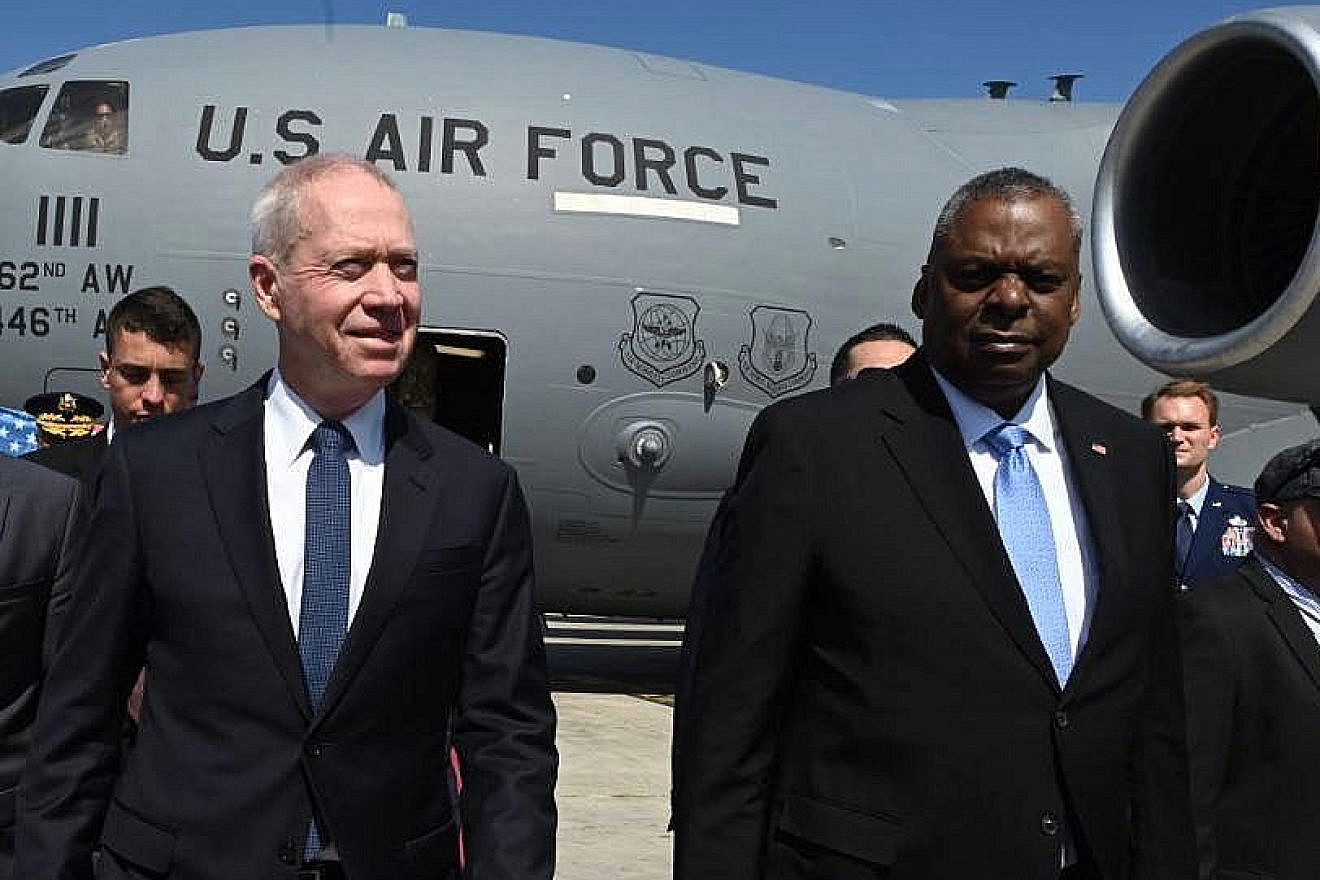Already a subscriber? Make sure to log into your account before viewing this content. You can access your account by hitting the “login” button on the top right corner. Still unable to see the content after signing in? Make sure your card on file is up-to-date.
US Defense Secretary Lloyd Austin reached out to former Israeli Defense Minister Yoav Gallant following his abrupt dismissal by Prime Minister Benjamin Netanyahu.
Let’s bring you up to speed: Yoav Gallant, a seasoned military leader and former Israeli Defense Minister, was dismissed by Prime Minister Benjamin Netanyahu amid growing tensions and policy disagreements. Gallant had been advocating for a ceasefire and hostage release deal in Gaza. Additionally, he called for a state commission to investigate the failures surrounding the October 7 Hamas attacks, which led to significant loss of life and multiple Israeli hostages. Netanyahu ultimately cited a “crisis of faith” between him and Gallant.

What Secretary Austin did: Following Yoav Gallant’s dismissal as Israel’s Defense Minister, US Defense Secretary Lloyd Austin reached out to express his appreciation for Gallant’s role and reaffirm the strength of the U.S.-Israel security partnership. In a readout released by the Pentagon, they said Austin “underscored that the US commitment to Israel’s security remains ironclad, as does our support for Israel’s right to defend itself against aggression from Iran and its partners and proxies. Secretary Austin told the Minister that the United States has further strengthened our posture in the Middle East to defend US personnel and our allies and partners.”

A spokeswoman for the Pentagon added that the “Secretary emphasized that the United States remains deeply committed to de-escalation in the region through securing a hostage release and ceasefire deal in Gaza and a diplomatic resolution in Lebanon that allows both Israeli and Lebanese civilians to return safely to their homes on both sides of the border. The Secretary noted that the United States will also continue to emphasize the importance of taking immediate steps to address the dire humanitarian situation in Gaza.”
This all comes as some critics accuse Prime Minister Benjamin Netanyahu of prolonging the war in Gaza to strengthen his political position. These accusations have surfaced amid ongoing questions about Israel’s preparedness for the devastating October 7 Hamas attacks, which led to significant casualties and numerous hostages. Those against Netanyahu say his extended campaign against Hamas could be a strategy to divert attention from potential security failures and to avoid accountability for the lapses that enabled the surprise assault. Supporters of Netanyahu downplay these claims, noting that Netanyahu’s priority is the total dismantling of Hamas’s military threat and the safe return of roughly 100 Israeli hostages still held in Gaza.






